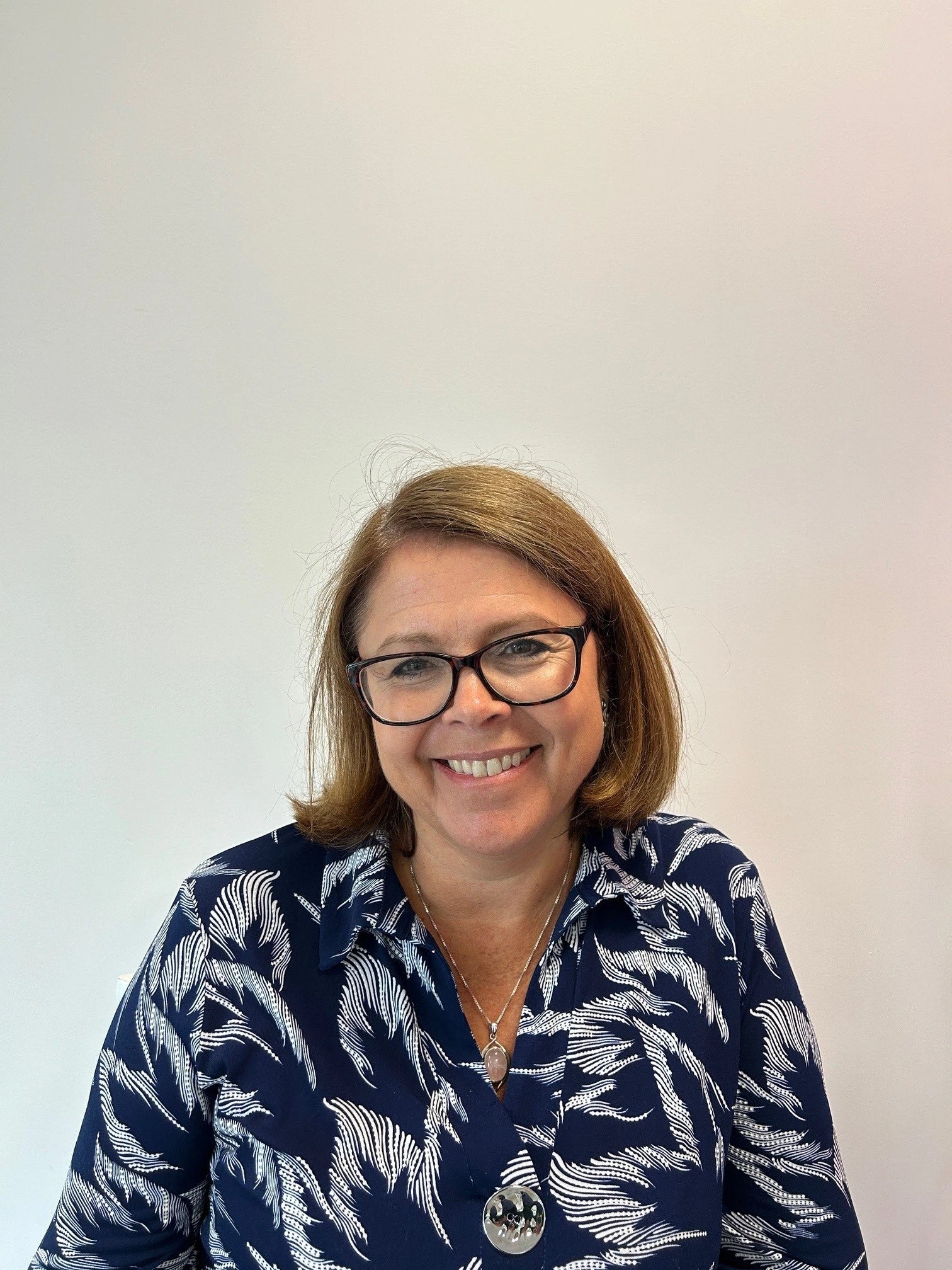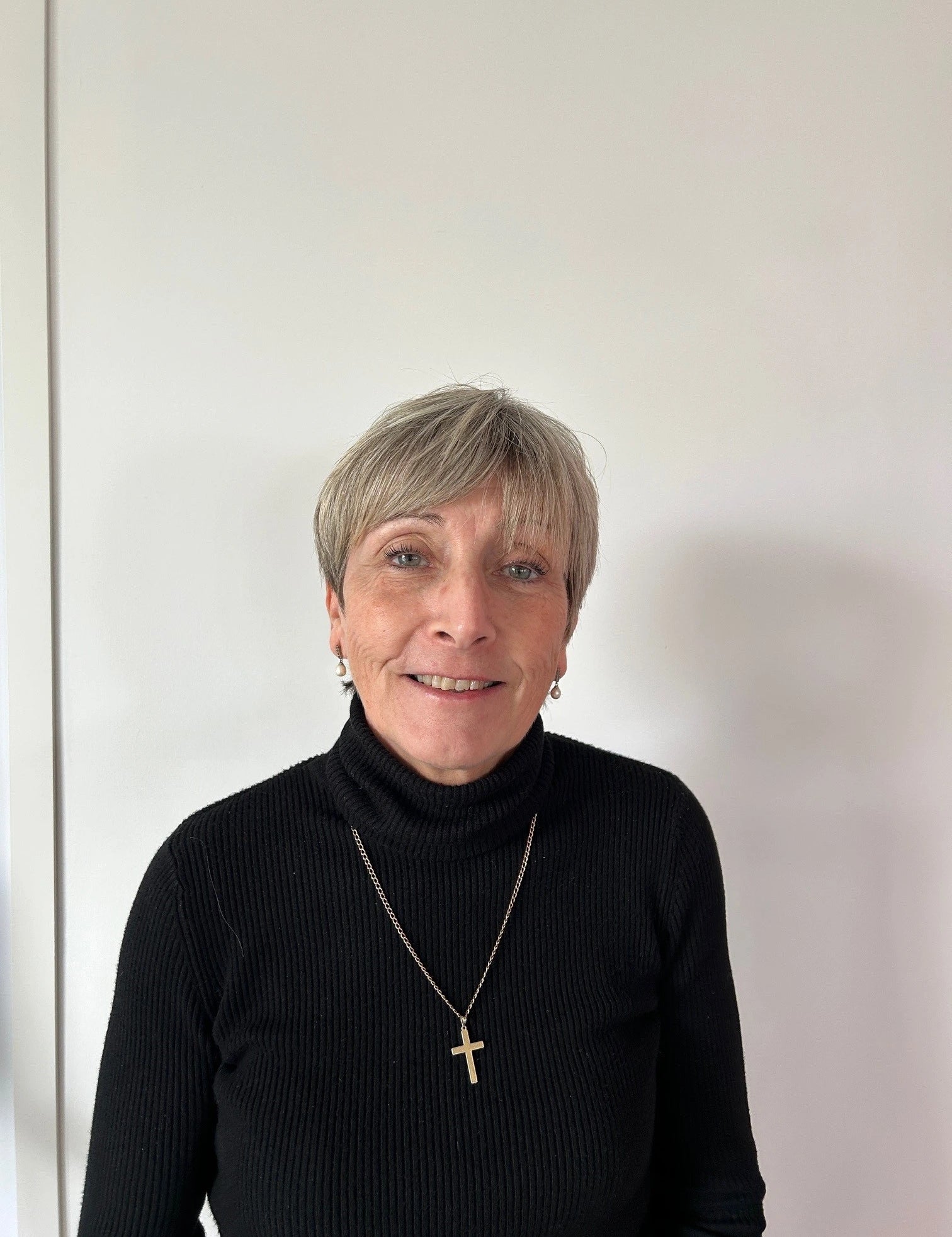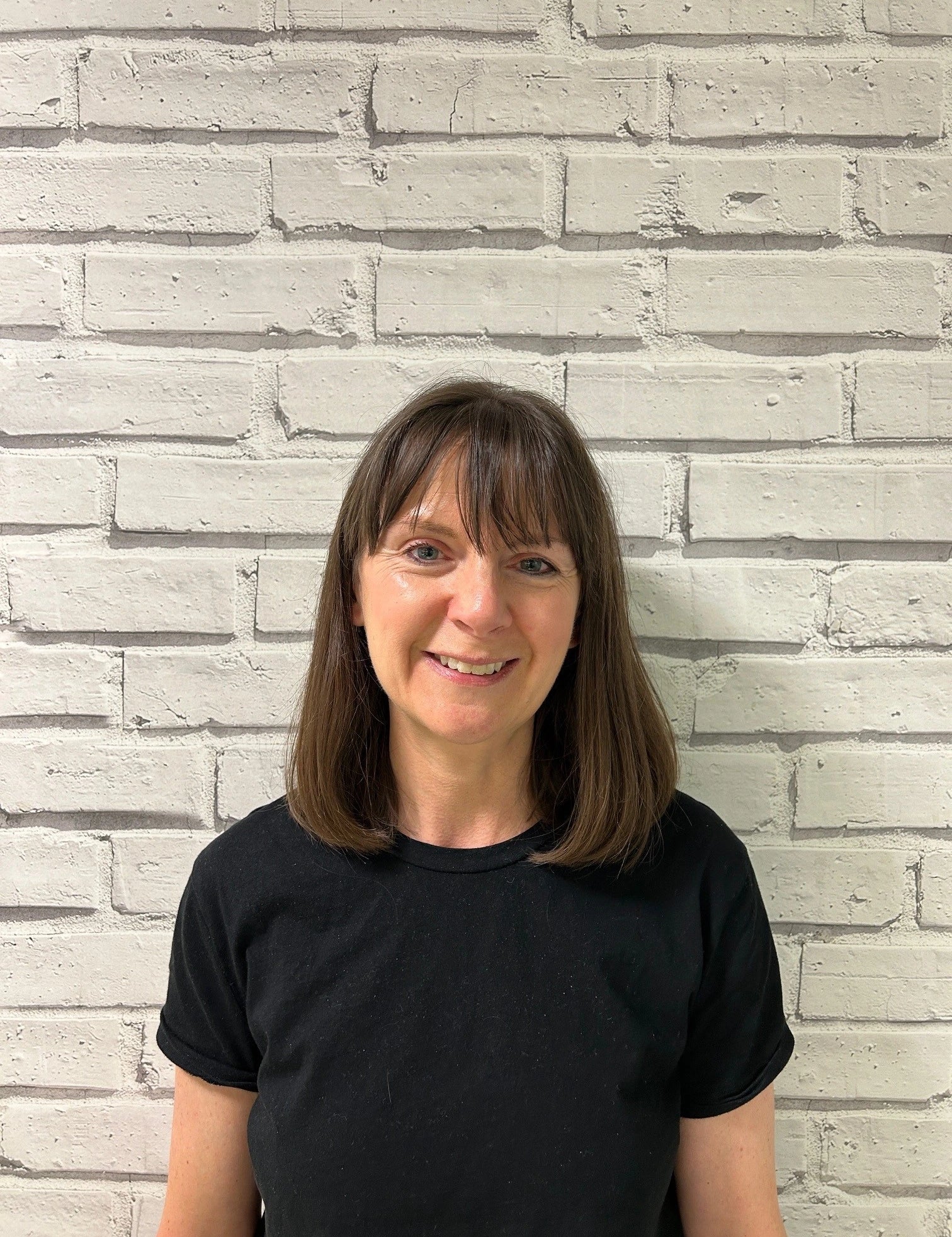Real Menopause Stories: Stephanie – The Importance of Communication

This Menopause Awareness Month we sat down with 5 unique and empowered women on their menopausal journey, asking them to share their insights, advice and real stories.
From changes in skin and hair, to shifts in mood, energy levels and hormones, menopause manifests in a multitude of ways. What greater way to celebrate menopause awareness month, than by sharing authentic voices discussing real menopause stories. 50% of the population will go through menopause...so let's talk about it.
Stephanie’s Story: The Importance of Communication
Stephanie’s menopause journey highlighted the importance of understanding symptoms early, especially during perimenopause, a phase often misunderstood. "I wish I had known what to look for," she shares. For Stephanie, sharing her experience with friends, book club members, her family and her partner has been crucial.
"We’re all different, but sharing makes you feel like you’re not alone."
What do you wish you knew before you entered menopause?
“I wish I knew was what type of symptoms to look for and what and the reason was behind the symptoms. That way I could have put a name or an explanation to the various symptoms/effects I was living through. Not only for menopause, but perimenopause as well”
“People think menopause is when you stop your period. No, it starts way earlier than that at Perimenopause. You think, ‘oh, it's when I turn 50 I'll hit menopause’. No, it starts before that.”
“So, I think there's the most important thing I wish I knew, was what to look for.”
What advice would you give women entering menopause?
“The best tip, I think, is to talk about it and to communicate about it. With your group of girlfriends, your book club. Just because what you experience and what they experience are sometimes similar. But sometimes they are different, because we are all different people. We all have different symptoms, but sharing our similarities it makes you feel like you're not by yourself, you're not on your own. Communication makes you feel less isolated.”
“Another tip is to speak to your partner or your husband. It could be a tricky conversation, but once they know, they can understand. They realise ‘she's not depressed because of me’, ‘she doesn't want to avoid sexual relations because of me’, ‘she’s not moody because of me’. It's sometimes a trickier conversation with a partner. But suddenly you can live with menopause a little bit more easily.“
Do you speak openly with your friends about Menopause?
“It's all very open. I mean, particularly at my book club. The number one subject is menopause. There are a lot of little tips that we give each other. We support each other.”
What have you found most liberating about your menopause experience?
"One of the things that is more liberating is that now you can speak about it. I think that's the most important point, that there is no more the taboo around it. My mum's generation had to live through the taboo. But I haven't."
“On the medical side of things, go and see the GP. They seem to be very on ball now. They say ‘ok, let's do something’, not ‘ok, lets wait’. Initially they said my blood test was borderline, but I pushed. I was like, yes, but still ‘why am I a night owl?’, ‘why at 2am in the morning every night am I awake’, ‘why am I always having night sweats?’. Then suddenly I had a little bit more understanding from the GP.
“So yeah, that's what's more liberating. My mum never had anything at all. Now the experience is really different.”
This Menopause Awareness Month, let’s continue the conversation, celebrate the changes, and embrace the wisdom that comes with this transformative life stage. Whether you’re just beginning your menopause journey or looking for solutions to specific menopause symptoms, know that you are not alone—and there are plenty of resources and communities to help you thrive!
Share your real menopause stories with us @thesolutionuk


